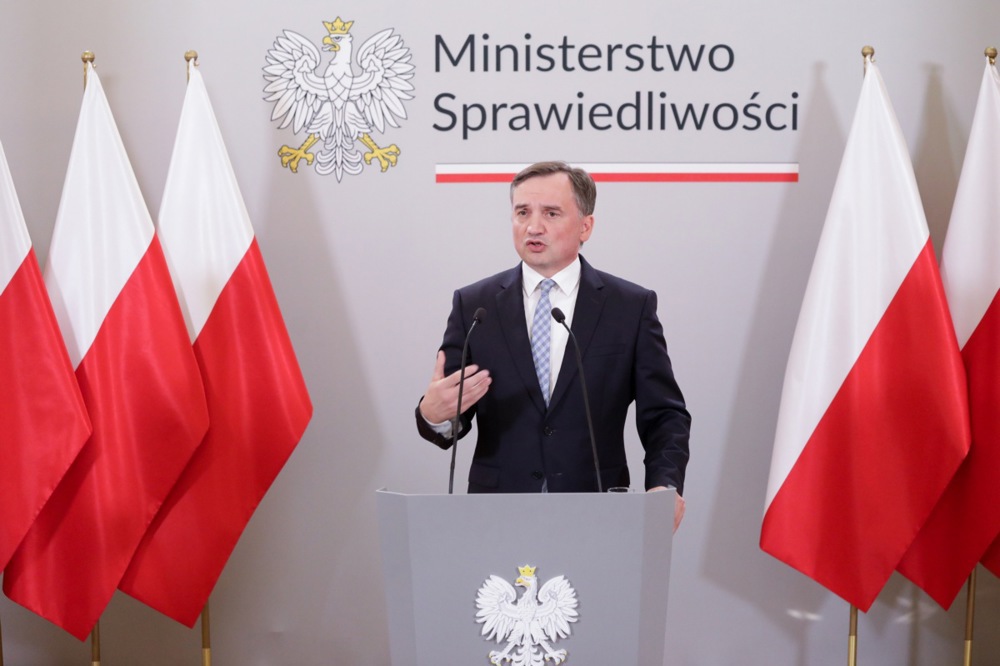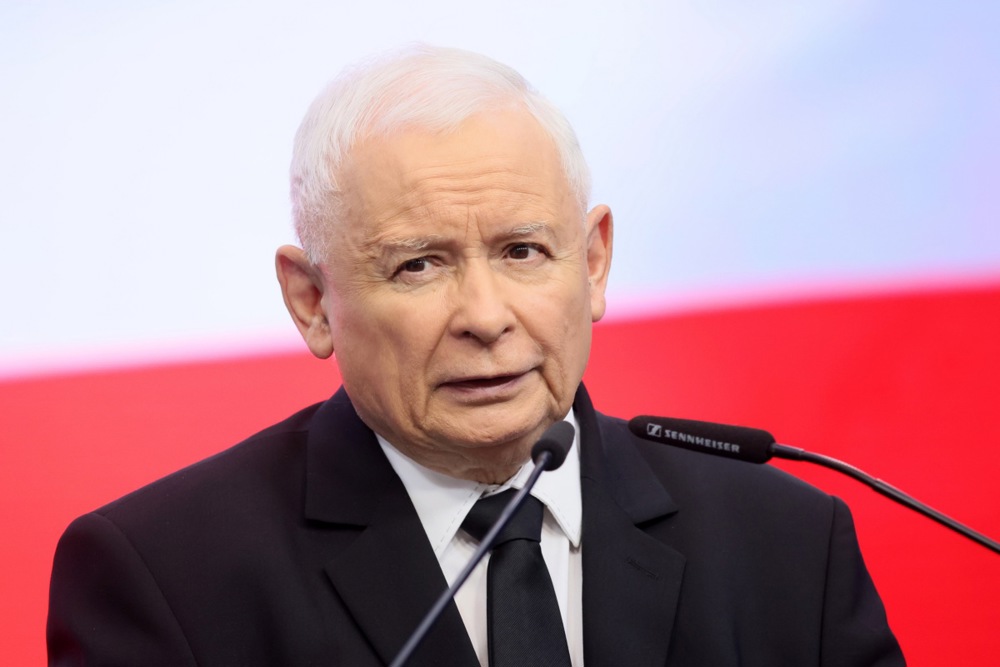Poland’s largest opposition party, the Conservative Law and Justice (PiS) party, is to merge with the smaller Sovereign Poland party.
The move marks the completion of PiS absorbing smaller parties that used to make up the United Right alliance in which PiS was the dominant force.
The latest merger comes ahead of the presidential election due in the spring of next year, tilting the PiS to the Right. Sovereign Poland and its leader, former justice minister Zbigniew Ziobro, have been critical of the former PiS prime minister Mateusz Morawiecki over his willingness to seek a compromise within the European Union regarding rule of law disputes and the European Green Deal.
Morawiecki’s ally and former adviser Michał Dworczyk MEP told commercial television TVN in late September that merging with Ziobro’s party was a mistake because it had undermined the ruling PiS coalition during its spell in government, which had “led to us losing power”.
Dworczyk was criticised heavily for his comments and the majority view prevailed that PiS needed to show itself to be uniting ahead of the presidential election, in part to head off a challenge from the Right by the Eurosceptic Confederation party.
On October 8, Mariusz Błaszczak, head of the PiS parliamentary caucus, confirmed in an interview with broadcaster wPolsce24 that the merger was going ahead and would take place on October 12.
“Everything has been agreed upon. This is what PiS voters expected. They expected unity,” said Błaszczak.
Sovereign Poland was formed in 2012 by a group of politicians led by Ziobro who broke away from the PiS following that party’s election defeat in 2011. But, since 2014, its candidates have stood on the PiS’ electoral lists. In practice, that means in parliament, the 16 Sovereign Poland MPs are part of the PiS caucus.
Ziobro himself has played a limited role in Polish politics since December last year when he was diagnosed with cancer. It was his deputy, Patryk Jaki MEP, who was primarily responsible for negotiating the party’s merger with the PiS.
The union with Sovereign Poland completes the process of PiS mopping up smaller parties that formed the PiS-United Right alliance in 2014 and then won power in 2015, ruling for eight years before losing its parliamentary majority and power in 2023 to the broad centre-left coalition led by current Prime Minister Donald Tusk.
The PiS has been led by its founder Jarosław Kaczyński since 2001. Before the 2023 election in which the PiS lost power, Kaczyński had said he was thinking of quitting as party leader around the time of the presidential elections but has since changed his mind.
Despite losing in 2023, the PiS managed to poll 35.5 per cent of the vote in the parliamentary elections and that held up in this year’s the local government and European elections at 34.5 per cent and 36.5 per cent, respectively.
The PiS is preparing to unveil its presidential candidate in November. The merger with Ziobro’s faction is likely to reduce the chances of Morawiecki becoming that nominee and increases those of more right-wing figures such as former defence minister Mariusz Błaszczak and the head of Poland’’s National Remembrance Institute Karol Nawrocki.





